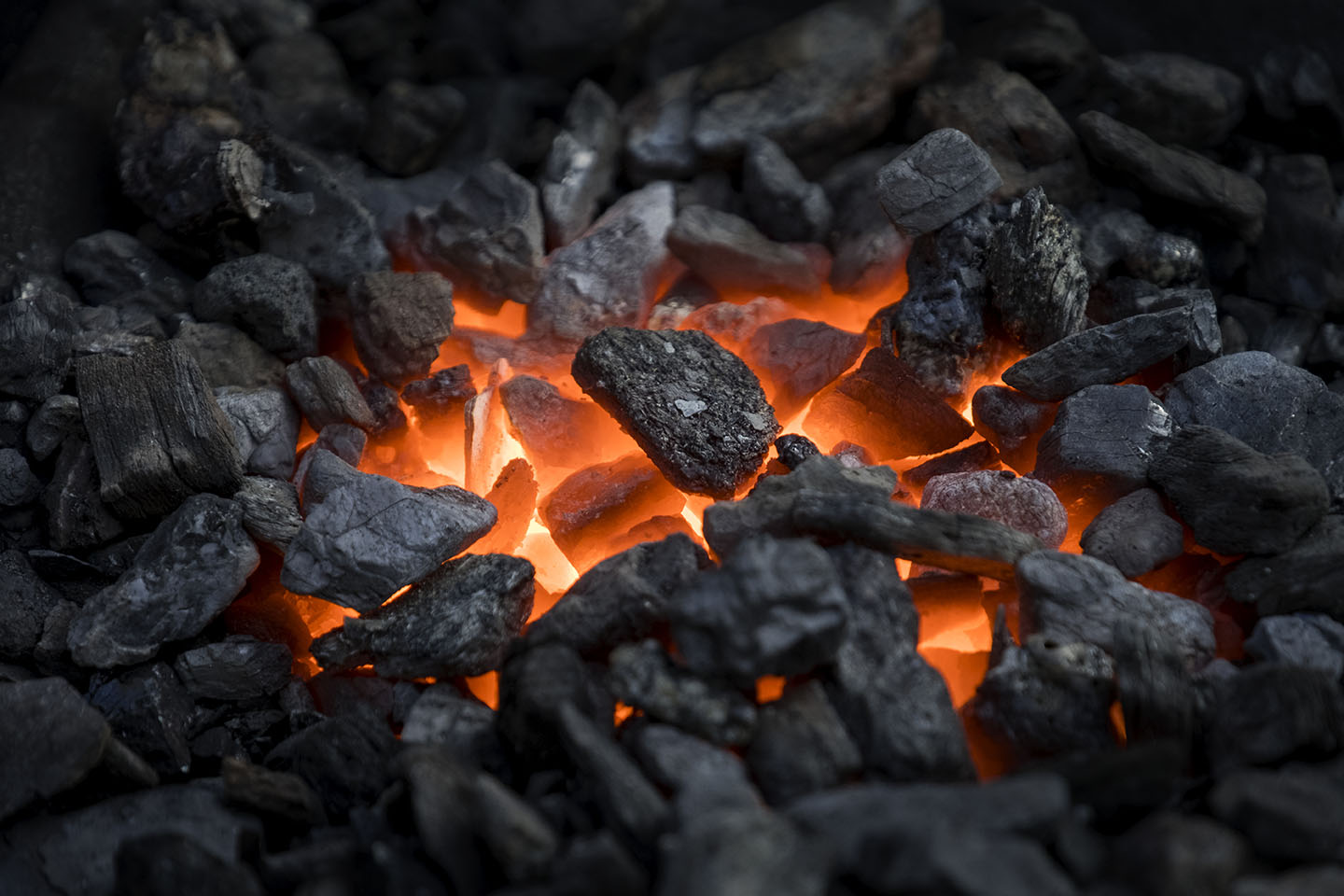
coal
Definition
Coal is a solid, combustible black or brownish-black rock formed from the remains of plants that lived millions of years ago.
Coal is a fossil fuel, which means that it was formed from the remains of living things that were buried and subjected to high pressure and heat over time.
Coal is made up of carbon, hydrogen, oxygen, and sulfur. The amount of each of these elements in coal varies, depending on the type of coal.
Coal is classified into four main types: anthracite, bituminous, subbituminous, and lignite. Anthracite is the highest-quality coal, and it has the highest carbon content. Lignite is the lowest-quality coal, and it has the lowest carbon content.
Coal is a major source of energy for many countries, and it is used to generate electricity, heat homes and businesses, and power vehicles.
How can the word be used?
The coal was mined from the ground.

Different forms of the word
Noun:
Singular: coal.
Plural: coals.
Adjective:
Coal-fired: using coal as a fuel.
Verb:
Coal: to supply with coal.
Etymology
The word "coal" comes from the Old English word "col", which also means "coal". The Old English word "col" is thought to come from the Proto-Germanic word kaulaz, which also means "coal".
Question
What type of fuel is coal?
AQA Science Exam Question and Answer
Question:
Describe the formation and composition of coal and explain its significance as a fossil fuel.
Answer:
Coal is a sedimentary rock that forms from the remains of ancient plants that lived millions of years ago. Over time, these plants were buried and subjected to heat and pressure, leading to the formation of coal. The primary components of coal are carbon, hydrogen, oxygen, sulfur, and various other elements.
As a fossil fuel, coal holds significant importance as a major source of energy. When burned, it releases energy in the form of heat, which can be harnessed to generate electricity and power various industrial processes. Coal has been historically essential in meeting energy demands, especially in power generation, but its use has raised environmental concerns due to the emission of greenhouse gases and other pollutants. As efforts towards cleaner and more sustainable energy sources continue, the impact of coal usage on the environment remains a topic of ongoing research and discussion.